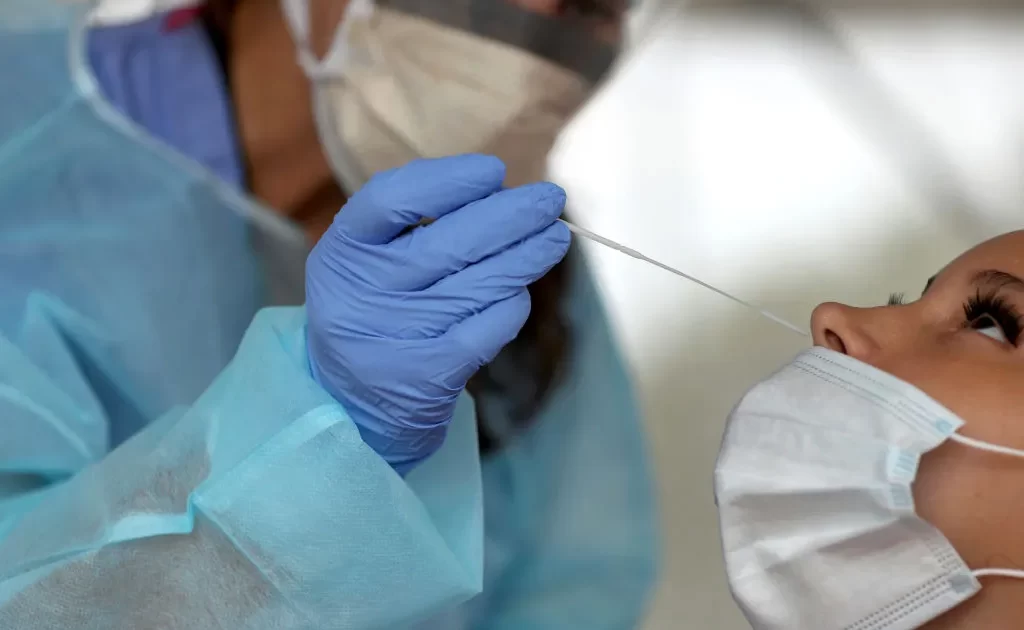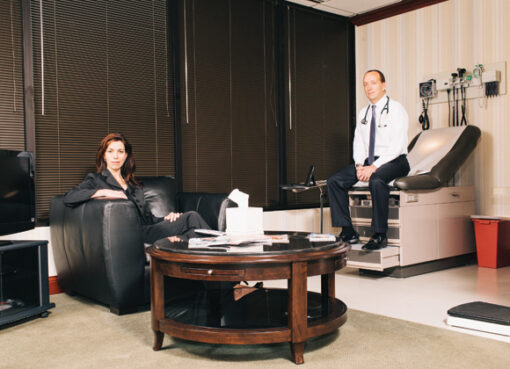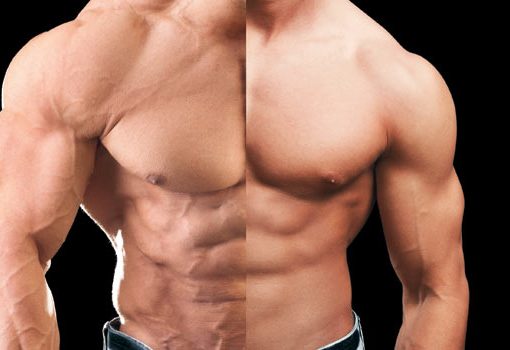Testing for COVID-19 is essential since it plays a vital role in the efforts to contain and mitigate the spread of the disease. After a Sugar Land Covid Test, you will receive instructions from a healthcare professional based on your results. Specific measures can be taken to prevent further person-to-person transmission by identifying affected individuals. You should test for COVID-19 if you have symptoms or are in high-risk settings like a hospital. If you have been exposed to COVID-19 but don’t have symptoms, wait for at least five days before testing for inaccurate results.
Types of tests for diagnosing COVID-19
- PCR test. A PCR or molecular test is usually performed in a laboratory and is typically the most reliable test for people with or without symptoms. The tests detect viral genetic material, which may stay in your body for up to 90 days after testing positive.
- Antigen test. These rapid tests detect specific proteins in the virus; they produce results in 15-30 minutes but are less reliable than PCR-based tests, especially for people without symptoms.
What to expect during a COVID-19 diagnostic test
Your provider takes a sample of mucus from your nose or throat, or saliva sample. The test can be done at a testing center, doctor’s office, or a healthcare facility.
Nose or throat swab
Specialists recommend a long nasal swab, but a shorter nasal or throat swab is also effective. Here, your healthcare provider uses a thin, flexible stick with cotton at the tip to collect a sample of your mucus. You may feel somewhat uncomfortable as your provider inserts the stick into your nose or the back of your throat. The procedure may be done on the two nostrils for a nasal swab to collect enough mucus. Your doctor leaves the swab in place briefly before gently pulling it out, sealing the sample in a tube, and sending it to a lab for analysis.
Saliva test
The saliva sample may be less sensitive than the mucus sample, but the test is easier and less invasive. For this test, you spit into a tube several times to provide a saliva sample for testing. Your healthcare provider seals the tube before sending it to the lab for analysis.
The risks of COVID-19 testing
There’s a likelihood that the test could return a false-negative result, meaning the test didn’t detect the virus even though you are infected. Anyone with symptoms risks unknowingly spreading the virus if proper precautions are not taken; this includes but is not limited to wearing a face mask when appropriate. A COVID-19 rapid antigen test can also produce false-positive results, especially if the instructions are not followed carefully. False-positive results mean the test detects an infection while there isn’t.
The accuracy of a COVID-19 test depends on the type and sensitivity of the diagnostic test, the sample collection process, and the accuracy of the lab analysis. Be wary of at-home COVID-19 tests not cleared by the FDA for use.
If you have COVID-19 symptoms or are in specific high-risk settings, book a session with your healthcare provider at St. Michael’s Elite Hospital for COVID-19 testing.





